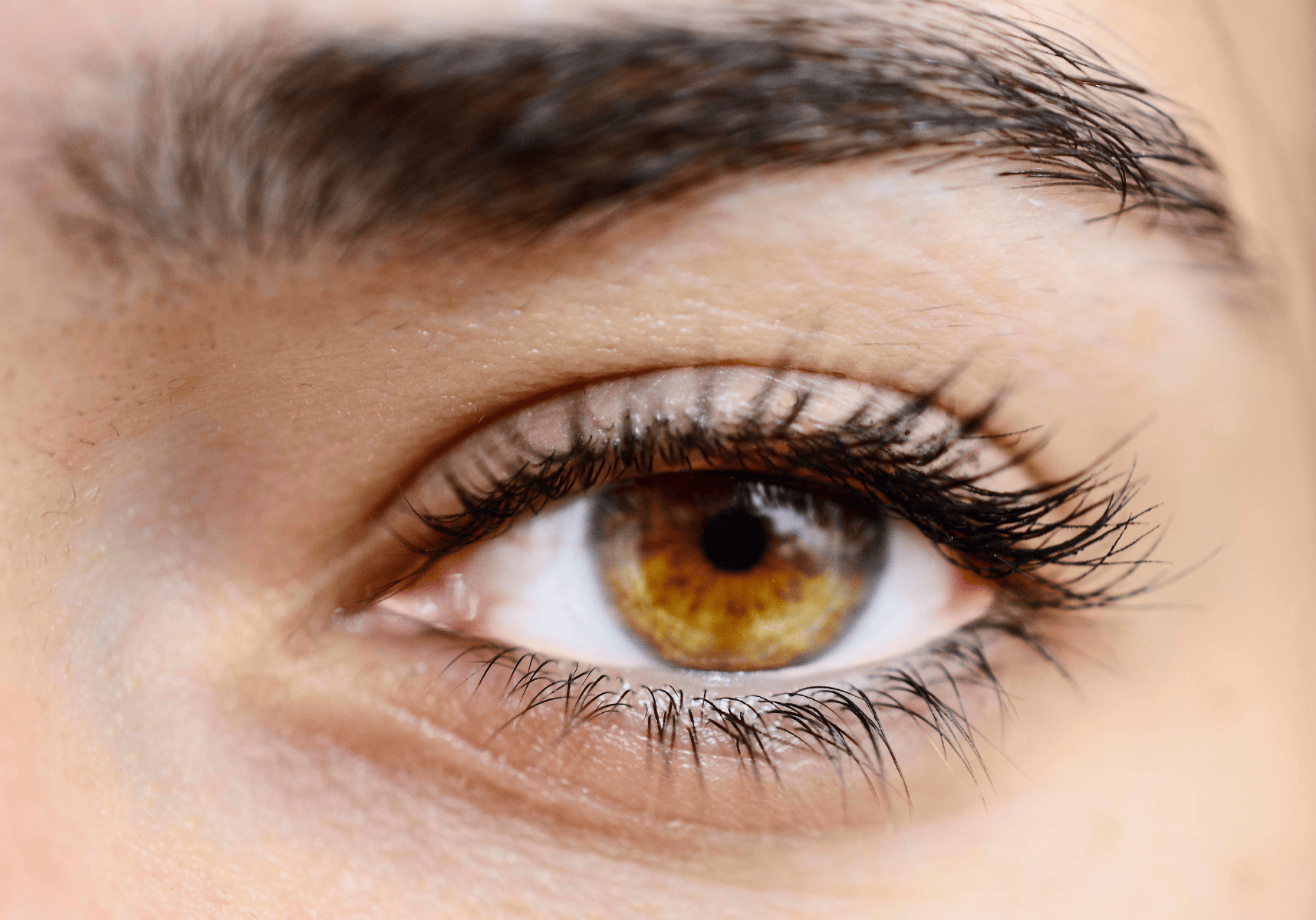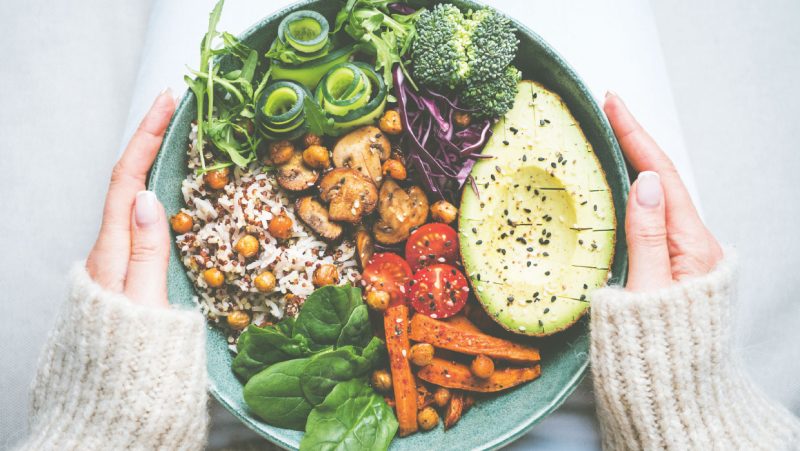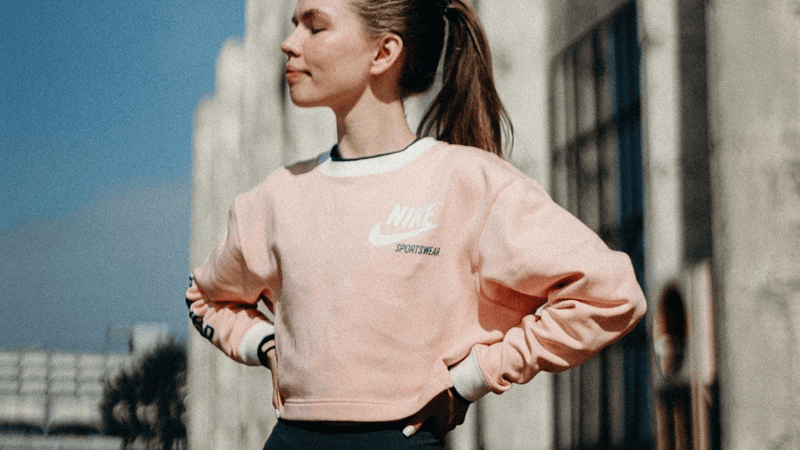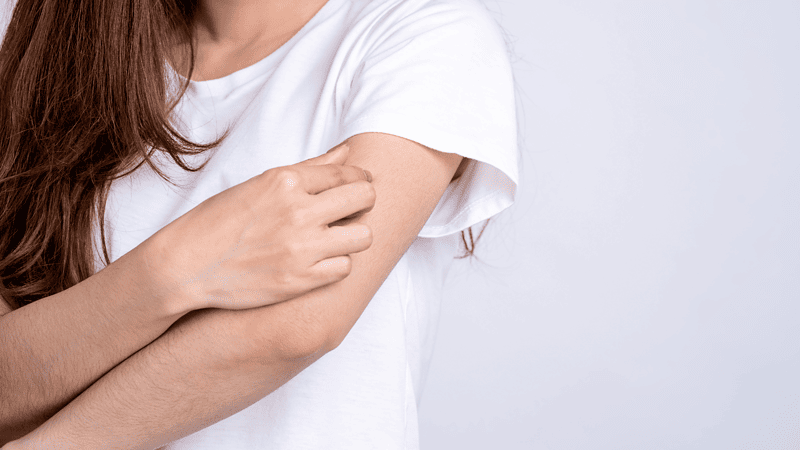
The Best Foods for Healthy Eyes
The Essential Nutrients for Optimal Eye Health - By Alison Cullen
Reading time: 3 minutes
Diet plays an important role in maintaining eye health, as it does for every other part of the body. On today's blog post, I discuss which foods you should be eating, and why the vitamins and minerals they contain are so important for eye health.
Eating for healthy eyes
Many people eat healthy diets to improve digestion, the immune system, weight, skin and mood, but many forget that diet is important for maintaining healthy eyes and eyesight too. Knowing what foods to eat for good eye health is really important: there is such a wide range of different vitamins and minerals that are essential to eye health, so you need to ensure your diet covers all of these.
The most important vitamins and minerals for eye health are vitamins A, C and E, zinc and carotenoids such as lutein and zeaxanthin. In addition, omega 3 fatty acids are important.
What foods should you be eating for healthy eyes?
Here is my list of foods that are essential for maintaining good eye health:
Red, yellow and orange fruit and vegetables such as bell peppers, strawberries, tomatoes and citrus fruits such as oranges and lemons are great sources of Vitamin C and beta carotenes which can help support your production of connective tissues such as collagen, as well as acting as a natural antioxidant, keeping your eyes safe from the degenerating effects of oxidative stress.
Purple fruit and vegetables such as purple carrots are often a rich source of carotenoids which are particularly beneficial for eye health.
Leafy greens such as kale and spinach. These contain a whole host of important vitamins and minerals such as lutein, zeaxanthin, zinc and vitamins E and C. Other green vegetables such as broccoli and brussel sprouts also contain lots of lutein and zeaxanthin.
Sweet potatoes and carrots are great sources of vitamin A: but did you know that 100g of cod liver oil contains over 6 times as much vitamin A as 100g of carrots? Of course, consuming that much cod liver oil in a day is not safe – the common recommendation is no more than 3g a day.
Fish such as tuna, mackerel, salmon and trout are rich in omega 3 fatty acids. Have a look at our fish recipes for some ideas of how to incorporate more fish into your diet.
For the vegetarians out there, walnuts, flaxseeds, soybeans and tofu are all also high in omega 3s. Some of my favourite tofu dishes include this Marinated Tofu Stir Fry or you could try making your own Tasty Tofus Kebabs.
Pumpkin seeds and sunflower seeds are high in vitamin E and zinc and make great healthy snacks.
Oysters have enormous amounts of zinc stored in them, so if you can stomach them, eat more of them!
Why are these vitamins and minerals important?
I feel that I can’t tell you which foods to eat and which vitamins and minerals to focus on without telling you why. So, here’s why these vitamins in particular are important for eye health:
- Vitamin A is essential for good eye health as it protects the retina and cornea of the eye. A vitamin A deficiency is also one of the most common deficiencies in the UK. One of the first signs of this kind of deficiency is often impaired eyesight and night-blindness.
- Vitamin C* is important for building connective tissues such as collagen, which is found in the cornea of the eye. If you're looking to increase your intake of vitamin C, you could try A.Vogel’s natural vitamin C supplement, Nature-C.
- Vitamin E is an antioxidant and important in protecting the eye from oxidative damage.
- Zinc is important for cellular processes such as cell division and enzyme activity so is really important for the whole body, not just the eyes. It also plays a key role in maintaining the health of the retina.
- Carotenoids such as lutein and zeaxanthin protect the eyes from sunlight and also play an important role in the scattering and absorption of light, so they can actually help improve eyesight!
- Omega 3 fatty acids are important for general eye health, but in particular they are thought to prevent dry eye syndrome and protect against the degeneration of the retina (macular degeneration) which is the leading cause of vision loss in the elderly.
Are there any herbal remedies I can take alongside an eye-healthy diet?
For healthy eyes and vision, I recommend A.Vogel’s Vision Complex (45 tablets, £16.45, avogel.co.uk), a supplement containing lutein, zeaxanthin, zinc and beta-carotene. These essential nutrients are naturally sourced from blackcurrants, carrot juice and the herb Tagetes, meaning that they are more easily absorbed by the body.
This supplement should not be used to replace a healthy, balanced diet, but to complement healthy choices.
*commission earned from this link.







